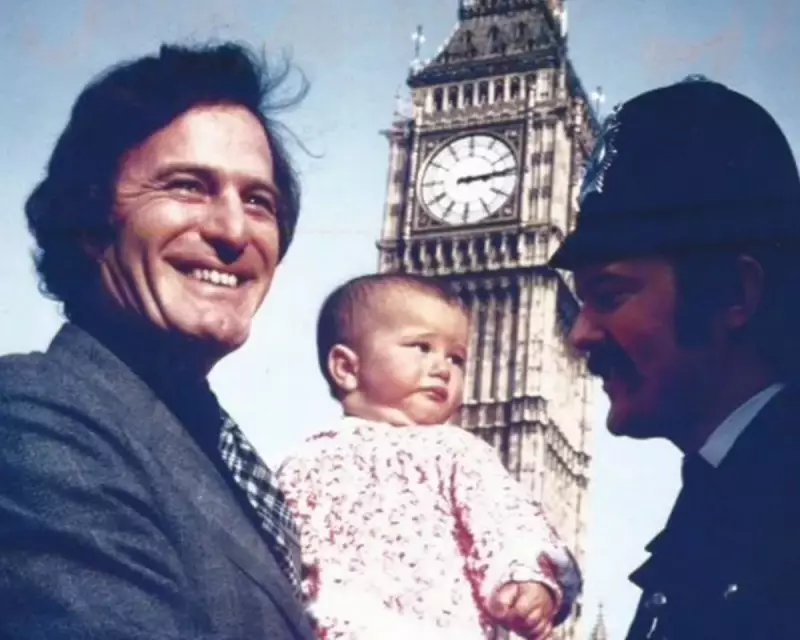
For many voters across Britain, the upcoming election presents a political quandary that feels more like a sentence than a choice. While some voters have the luxury of genuine alternatives, others find themselves cornered by circumstance into supporting a party they no longer recognise.
The Illusion of Choice in Modern Politics
The author describes watching friends and colleagues wrestle with their electoral decisions with a sense of envy. "Some people have a choice about whether to vote Labour," they note, "I wish I did too." This sentiment captures the frustration of voters who feel politically homeless yet compelled by the realities of the political landscape to support a party that has drifted from its roots.
A Party Transformed Beyond Recognition
The piece articulates a profound sense of alienation from a Labour Party that appears to have abandoned the principles that once made it a natural political home. The author describes watching the party's transformation with growing dismay, noting how policies and positions that would have been unthinkable in previous eras have become mainstream.
"This isn't the party I joined," the author reflects, capturing the sentiment of many long-time supporters who feel their political home has been renovated beyond recognition while they were still living in it.
The Burden of Voting Against Rather Than For
What emerges most powerfully is the sense that for many, voting has become less about enthusiasm for a party and more about preventing something worse. The author describes the depressing arithmetic of modern elections, where voting becomes a defensive action rather than an affirmative one.
This tactical voting mindset creates what the author describes as "the democracy of the least worst option" - a system where voters aren't choosing what they want, but rather what they fear the least.
The Emotional Toll of Political Compromise
The personal cost of this political positioning becomes clear as the author describes the internal conflict of supporting a party that no longer represents their values. There's a palpable sense of grief for what has been lost and frustration at being taken for granted.
"My vote feels less like an expression of political will and more like a hostage negotiation," the author observes, highlighting how the current system can make voters feel both essential and invisible simultaneously.
A System That Fails Voters
Ultimately, the piece serves as a powerful critique of a political system that forces voters into corners and treats their support as inevitable. The author's wish for genuine choice reflects a broader desire for a politics that inspires rather than manipulates, that offers vision rather than fear.
As election day approaches, many voters will find themselves in the same unenviable position - pulling the lever for a party they no longer believe in, not out of conviction, but out of a desperate hope that the alternative might be worse.






